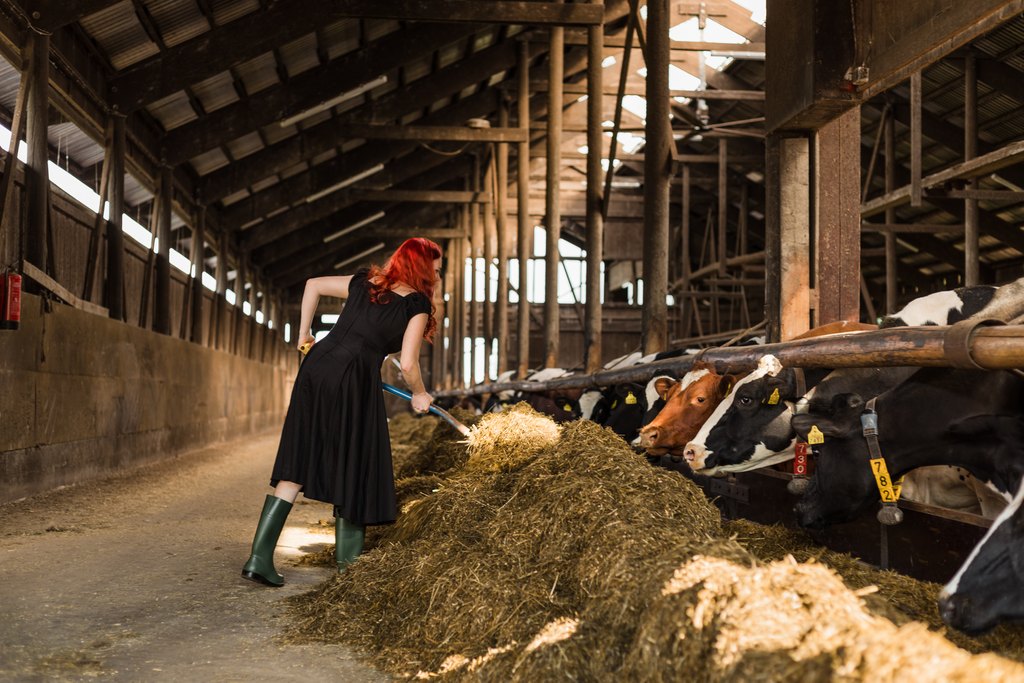Finnish farmers are highly conscious of the impact of climate change on agriculture. They want to do their part in climate change mitigation and adaptation. A recent study shows that organic farmers are especially ready to act.
“Farmers also strongly feel and experience that they are not equally included in the dialogue aimed to find ways for mitigation and adaptation. It would be important to have the farmers’ voice better heard when developing climate measures in agriculture,” says Jaana Sorvali, research scientist at the Natural Resources Institute Finland (Luke).
In 2018, the study requested a total of 4,400 farmers to provide their views of their role, responsibilities and opportunities in having an impact on climate change. Half of them also responded to the same questions two years later.
The farmers’ responses showed great variation based on such factors as the farm size and the farmer’s age. Alongside organic farmers, highly educated farmers, women and owners of small farms were the most prepared to take action.
Climate change also has a positive impact on farming
The public debate is mostly considered to highlight the negative impact of climate change on farming.
“Focusing on risks alone causes confusion among farmers. However, the coin has two sides. A Nordic country such as Finland also offers opportunities to adapt to changes, as long as we know how to highlight and use them.”
“However, risks should not be undermined. Extreme weather, such as heavy rainfall and drought, will increase as climate change advances, with pests and plant diseases adding their own challenges to farming, if we cannot prepare for them on time,” Jaana Sorvali says.
Agriculture ready to act
In conclusion, the study states that Finnish farmers’ high awareness of the impact of climate change on agriculture helps to be ready for rapid changes. A large majority of farmers, 65 per cent, believes that farming practices can be changed towards a more climate positive direction, and that they can have an active role in these changes.
Article in Climatic Change
https://link.springer.com/article/10.1007/s10584-021-03020-4
